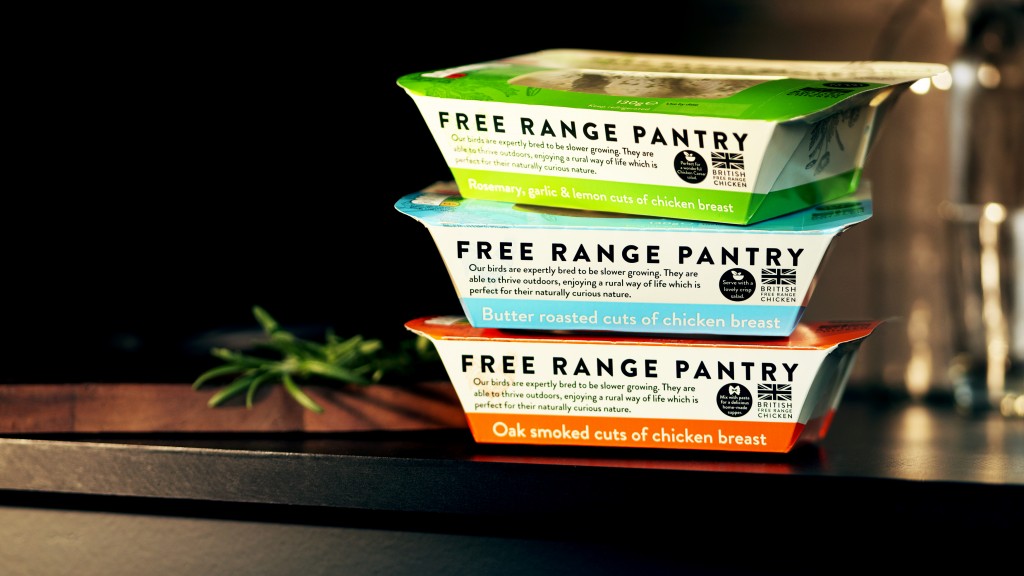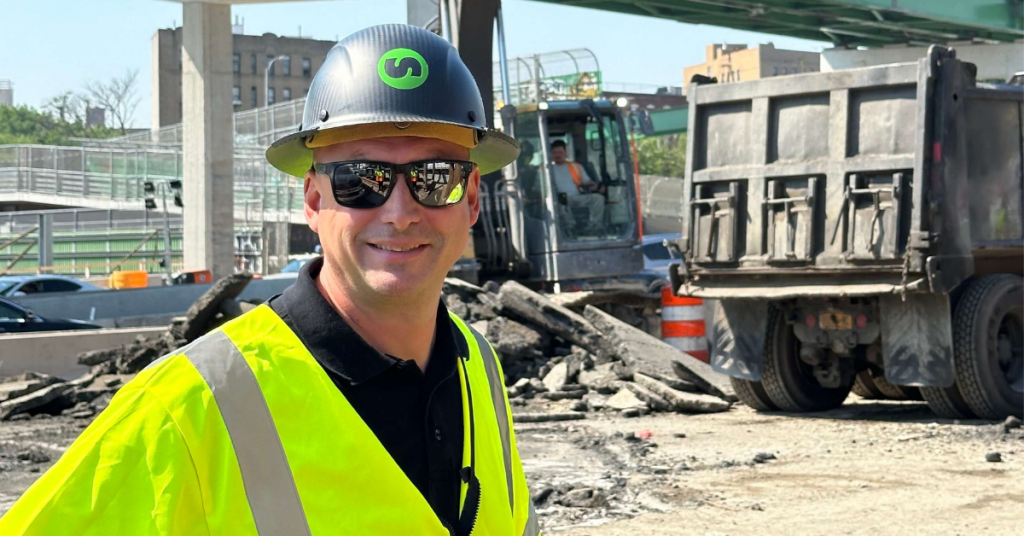How barrier-coated paperboard is providing an alternative to plastic

Although people are working to find renewable alternatives to plastic, there is still no material with all of plastic's advantages without its devastating impact on the environment. Instead of waiting for that magic material, packaging buyers concerned about the climate should consider the existing alternatives and move to composite materials.
Packaging solutions already exist that combine a renewable material such as paperboard with a small amount of plastic, reducing their climate impact by over 80 percent compared with traditional all-plastic packaging.
One very common type of food packaging is the plastic tray, which is then sealed for its onward journey to the consumer. Instead of making the entire tray of plastic, an easy alternative is to replace the plastic with a composite material consisting of renewable paperboard with a thin plastic layer that supplies the barrier properties needed to protect against moisture, grease and aromas. The stiffness and strength required for the construction comes from the paperboard's wood fibres, and the plastic's barrier properties provide the functional finishing touch. This relatively easy change of materials reduces the packaging's climate impact by over 80 percent.
Various types of packaging made of plastic-coated paperboard have existed for decades. But thanks to the latest advances in paperboard manufacture, they have gained better functionality and reduced their climate impact. The debate over fossil versus renewable materials and their respective climate impacts has further placed the combination of plastic and paperboard in an increasingly positive light.
Today, bioplastics are possible alternatives in some cases. These do have a better origin than traditional plastic materials but their climate impact is still only marginally lower than that of the traditional plastics and they are often extremely hard to recycle. Bioplastics can also be difficult to handle in packaging manufacturers' production processes, often resulting in worse productivity.
While waiting for materials manufacturers to find new, fossil-free barriers, the market is demanding packaging made of paperboard coated with either traditional plastic or bioplastic.



